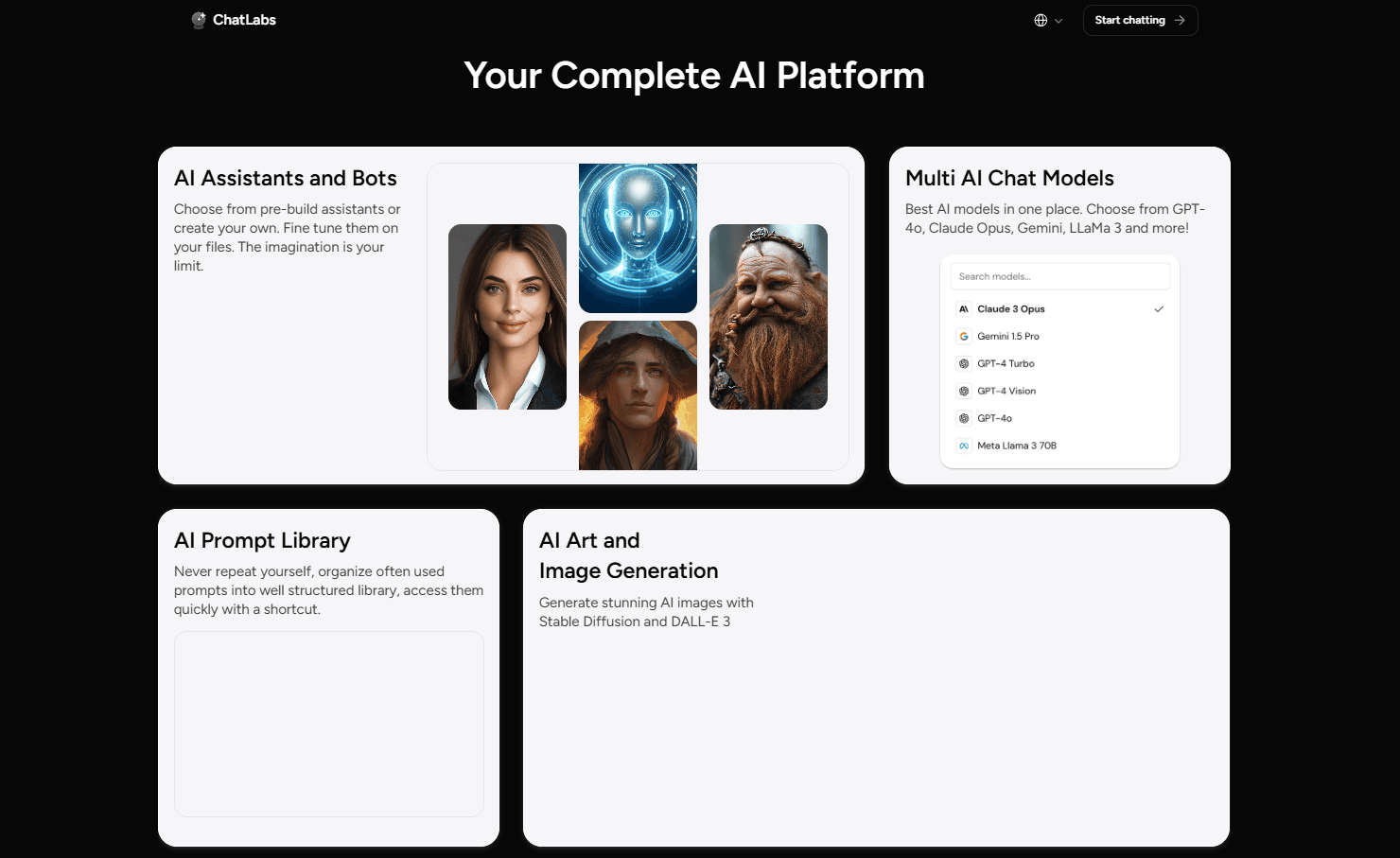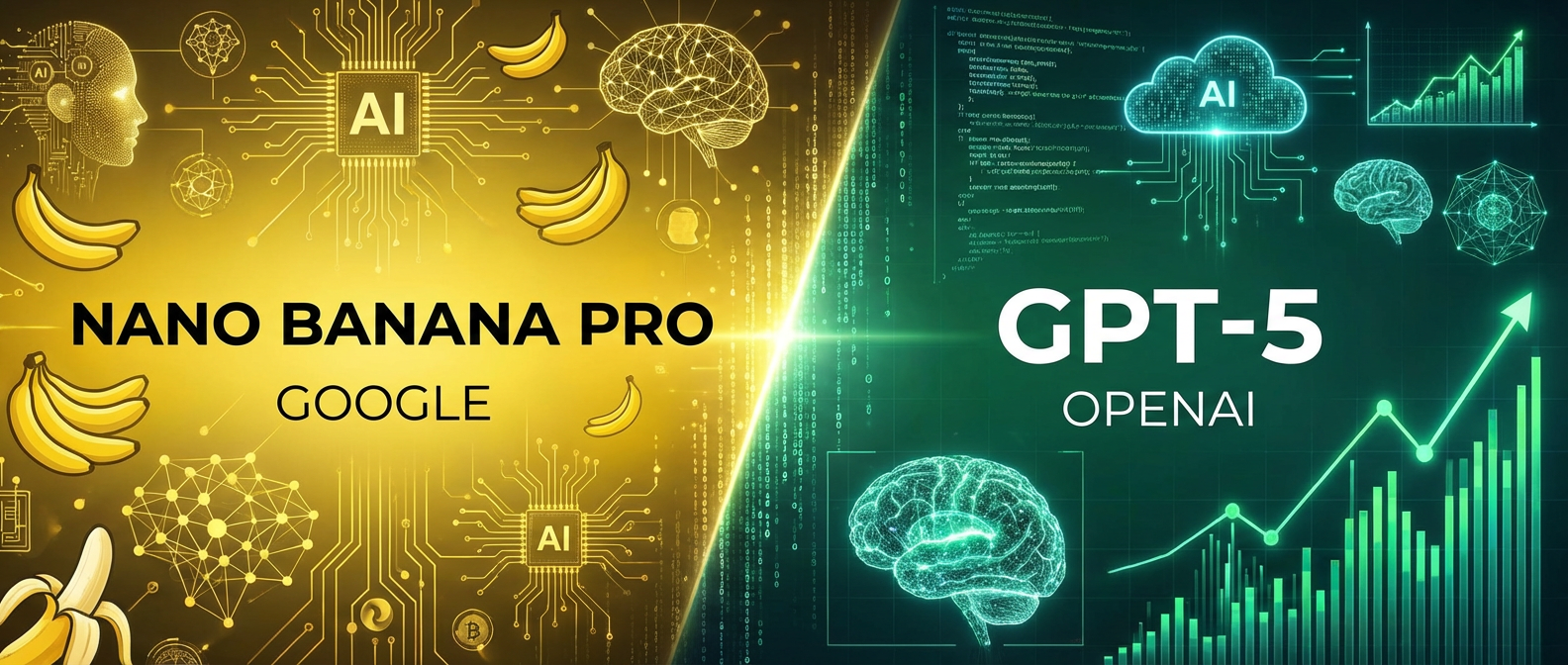A New Era in Construction
The world of civil engineering is undergoing a seismic shift. Gone are the days of relying solely on traditional methods and human calculations. AI in civil engineering is now a cornerstone. It is ushering in a new era of precision, efficiency, and innovation. This is not just about streamlining processes; it's about fundamentally reimagining how we design, construct, and maintain the infrastructure that shapes our lives.
Why AI is Changing the Game
AI in civil engineering brings a wealth of benefits that are revolutionizing the industry. Here are some of the key advantages:
Enhanced Design and Analysis: AI algorithms can analyze colossal amounts of data from various sources, like soil conditions, climate patterns, and traffic flow. This enables engineers to create optimized designs for buildings, bridges, roads, and other structures. This translates to safer, more sustainable, and cost-effective solutions. Imagine designing a bridge that can withstand extreme weather conditions, incorporating real-time traffic data to optimize traffic flow, or creating a building that minimizes its environmental impact—all made possible by AI's data-driven insights.
Improved Construction Efficiency: AI can automate tedious tasks like scheduling, resource allocation, and quality control. This leads to faster construction times and reduced costs. AI-powered systems can monitor construction progress in real-time, identifying potential problems and allowing for quicker adjustments. This translates to smoother project execution and fewer delays.
Enhanced Safety: AI can be used to develop predictive models that identify potential hazards on construction sites, allowing for proactive safety measures and reducing accidents. Imagine a system that predicts potential equipment malfunctions or identifies areas where safety protocols need to be reinforced, thus safeguarding workers and minimizing risks.
Sustainable Construction: AI helps engineers design eco-friendly structures by analyzing environmental impact and optimizing material usage. This means buildings that minimize their carbon footprint, utilize recycled materials, and contribute to a greener future.

AI in Civil Engineering: Real-World Applications
Here are some real-world examples of how AI in civil engineering is being used today:
Predictive Maintenance: AI algorithms can analyse data from sensors installed on bridges, buildings, and other infrastructure to predict potential failures and schedule maintenance before they occur, ensuring longevity and safety. Imagine a system that predicts a bridge's lifespan based on wear and tear patterns, allowing for timely repairs before any catastrophic failures occur.
Traffic Management: AI-powered systems can analyse real-time traffic data to optimize traffic flow, reduce congestion, and improve safety on roads. This can involve dynamically adjusting traffic signals, identifying bottlenecks, and even suggesting alternative routes for smoother journeys.
Construction Robotics: AI is being used to develop robots that can perform tasks like bricklaying, welding, and concrete pouring, making construction faster, safer, and more efficient. This means reducing the reliance on manual labour for repetitive and potentially dangerous tasks, while boosting productivity and precision.
Geotechnical Analysis: AI algorithms can analyze soil data to determine the best foundation for structures. That is reducing the risk of settlements and ensuring stability. This involves analysing soil composition, water content, and other parameters to ensure the foundation can withstand the weight of the structure.
Disaster Response: AI can be used to model the impact of natural disasters like earthquakes and floods, helping engineers plan for and respond to such events more effectively. This means predicting the potential damage, optimizing evacuation routes, and streamlining rescue efforts.
Here's a video about AI features of Autodesk Civil 3d.
AI Tools for Civil Engineering
Here are 3 specific AI tools that are transforming the civil engineering landscape:
Autodesk Civil 3D: This powerful software uses AI to automate tasks such as surface modeling, site design, and roadway design. It also incorporates machine learning algorithms to optimize design parameters and generate more efficient and sustainable solutions. Link to Autodesk Civil 3D
Bentley Systems: Bentley Systems is a leading provider of infrastructure engineering software that leverages AI for tasks like project planning, risk assessment, and infrastructure performance monitoring. Their AI-powered solutions help engineers optimize designs, improve project delivery, and ensure infrastructure reliability. Link to Bentley Systems
Trimble Connect: Trimble Connect is a cloud-based collaboration platform for construction projects that uses AI to automate tasks like project scheduling, document management, and communication. It streamlines project management, improves efficiency, and facilitates smoother collaboration between stakeholders. Link to Trimble Connect
The Future of AI in Civil Engineering
As AI technology continues to advance at an exponential pace, its role in civil engineering will become even more transformative. Some exciting future applications include:
Virtual Reality and Augmented Reality: AI-powered VR and AR applications will allow engineers to visualize and interact with their designs in a more immersive way, improving communication and collaboration. Imagine walking through a virtual 3D model of a bridge or building before it's even built, allowing for early detection of potential issues and better decision-making.
Automated Construction Planning: AI can automate the entire construction planning process, including scheduling, budgeting, and material procurement, making projects more efficient and less prone to errors. This means reducing the risk of human errors and ensuring a smoother and more predictable construction process.
AI-powered Design Optimization: AI algorithms can be used to optimize designs for specific environmental conditions. That is minimizing the use of materials and reducing the environmental impact. Imagine a system that can optimize a building's design to maximize energy efficiency, taking into account local climate conditions and minimizing its carbon footprint.
Here is a tutorial about using Bentley Systems AI tools:
Prompt Engineering in Gen AI Systems
While the focus has been on AI in civil engineering, it's crucial to understand the importance of another key aspect: prompt engineering in gen AI systems.
Prompt engineering is the art of crafting effective prompts that guide large language models (LLMs) to generate desired outputs. In AI in data engineering, prompt engineering is used to fine-tune models for specific tasks, ensuring they deliver accurate and relevant results.
To learn more about prompt engineering and how to become an AI engineer, read my article on this particular topic! Link: https://writingmate.ai/blog/becoming-an-ai-prompt-engineer-a-guide-to-a-new-career-path.

The Power of Writingmate
Unlock the full potential of AI with Writingmate. This powerful platform goes beyond basic AI tools; it offers a comprehensive hub where you can access and use multiple AI models in one place, including GPT, Claude, Mistral, LLaMa, and many others. You can also generate stunning images using AI within the platform. Think of it as a versatile AI toolkit, allowing you to leverage the best of each model for your specific needs.
Writingmate is a product of WritingMate.ai, which is a company dedicated to providing powerful AI tools and resources for creative writing and content generation. Writingmate is one of the many innovative solutions offered by WritingMate.ai, designed to empower users with the latest AI advancements. Try it out: https://writingmate.ai
Conclusion
AI is revolutionizing civil engineering, creating safer, more efficient, and sustainable infrastructure. As the technology continues to evolve, we can expect even more groundbreaking applications in the future.
For detailed articles on AI, visit our blog that we make with a love of technology, people and their needs.
Written by
Artem Vysotsky
Ex-Staff Engineer at Meta. Building the technical foundation to make AI accessible to everyone.
Reviewed by
Sergey Vysotsky
Ex-Chief Editor / PM at Mosaic. Passionate about making AI accessible and affordable for everyone.



